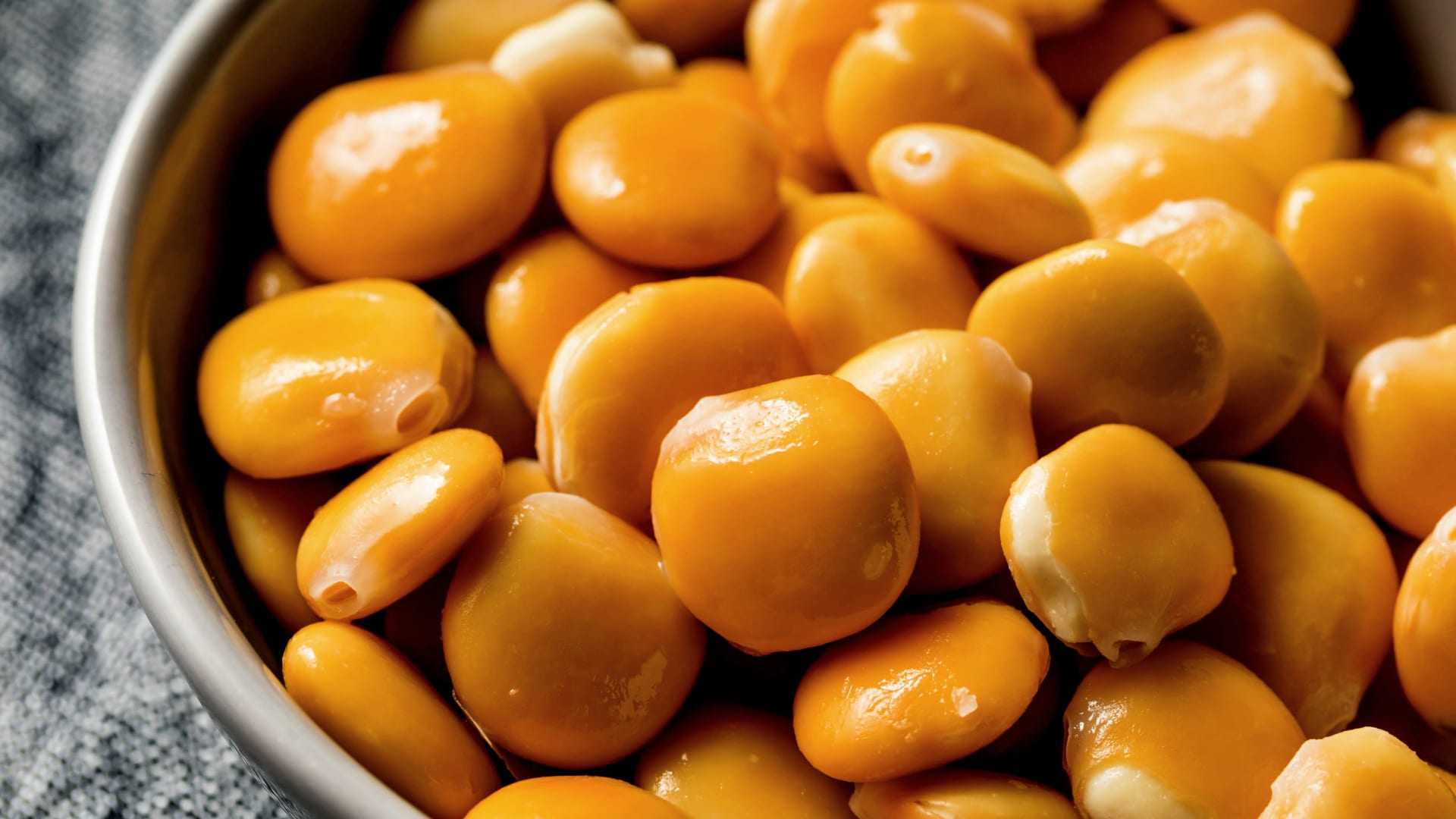Lupini Bean May Knock Off Soy as Leading Plant-based Protein Source

 Feb. 6, 2020 11:20 UTC
Feb. 6, 2020 11:20 UTCThe lupini bean, a legume grown mainly in the Mediterranean basin, is gaining popularity in the plant-based protein market due to its high protein and nutrient content, challenging current sources like soy. Brands like Brami and Lupii are leading the way in introducing lupini bean-based snacks to consumers in the United States, anticipating that the bean will soon become a staple ingredient in many diets due to its nutritional benefits and versatility.
The plant-based protein market is beginning to see a big shift in its top source for protein.
The lupini bean, a legume grown mainly in the Mediterranean basin, is surging in the market as a new and more effective source of protein and nutrients essential in any plant-based diet.
The bean contains a higher content of protein than soy, the current go-to for many vegan products found on the market today.
It’s only a matter of time until lupini beans go mainstream. Lupini is already pretty common in Europe and because it checks off so many things consumers are looking for, it’s bound to go viral.
Yet still, the yellow bean has not been commonly accepted in North American markets, mainly due to its cultivation occurring primarily outside of the United States. This is all beginning to change, however.
“Before we started, nobody outside the Italian-American community really knew what lupini beans were,” said Aaron Gatti, founder and CEO of Brami, the first brand in the U.S. to begin marketing lupini beans and releasing their own line of dry snacks made with the beans.
See Also:Health NewsGatti said he got the idea for a lupini bean-based snack on a trip to Italy with his wife, an idea that is beginning to fill the shelves of many stores. The Mediterranean bean contains much more protein and fiber than its leading counterparts, soy and chickpeas, yet shares only a tiny portion of the carbohydrate count.
“Being the first always has its challenges around educating consumers and buyers, but we were helped by the incredibly unique nutritional profile of the product,” Gatti said. “They have 50 percent more protein and 60 percent fewer carbs [and] it checks so many consumer boxes: vegan, plant protein, keto, paleo, gluten-free, soy-free, you name it.”
Consumption of the lupini bean dates to Roman times, when the bean was eaten as an energy booster. Its legendary status as a portable protein for Roman soldiers trailed off as time went by and in Italy, it is mainly seen as a pickled food or as a cold appetizer, not too different from the edamame bean eaten in Japan, Gatti said.
Brami is not the only brand that took notice of the potential success of an ingredient such as the lupini bean in today’s nutrition-conscious culture.
Lupii, another newcomer brand dedicated to making lupini-based snacks which launched this month, has carved itself out a piece of the vegan protein-bar market.
Isabelle Steichen, co-founder and CEO of Lupii also places a lot of her faith in the bean’s success with consumers due to its high nutritional content.
“Consumers today are looking for more plant-based options that are less processed and delicious, while still delivering on nutrition,” said Steichen.
Both brands are in consensus that the shifting market will find itself more full of the lupini bean, even though it is a relative newcomer and not yet close to becoming a staple ingredient in many diets.
“It’s only a matter of time until lupini beans go mainstream,” Steichen said. “Lupini is already pretty common in Europe and because it checks off so many things consumers are looking for, it’s bound to go viral.”
Gatti said he is also seeing interest from people outside the strictly vegan lifestyle, people who are simply looking for another option that quickly delivers the nutrients and protein in a healthy and easy way. This, coupled with their steady momentum as a growing brand, gives Gatti confidence that this is the forward trend in the market.
“I think we are crossing from the early adopter phase of the product life-cycle to the early majority phase,” Gatti said. “That nutritional reality has created momentum that will only accelerate.”


 Alexandr Mikoulianitch
Alexandr Mikoulianitch






